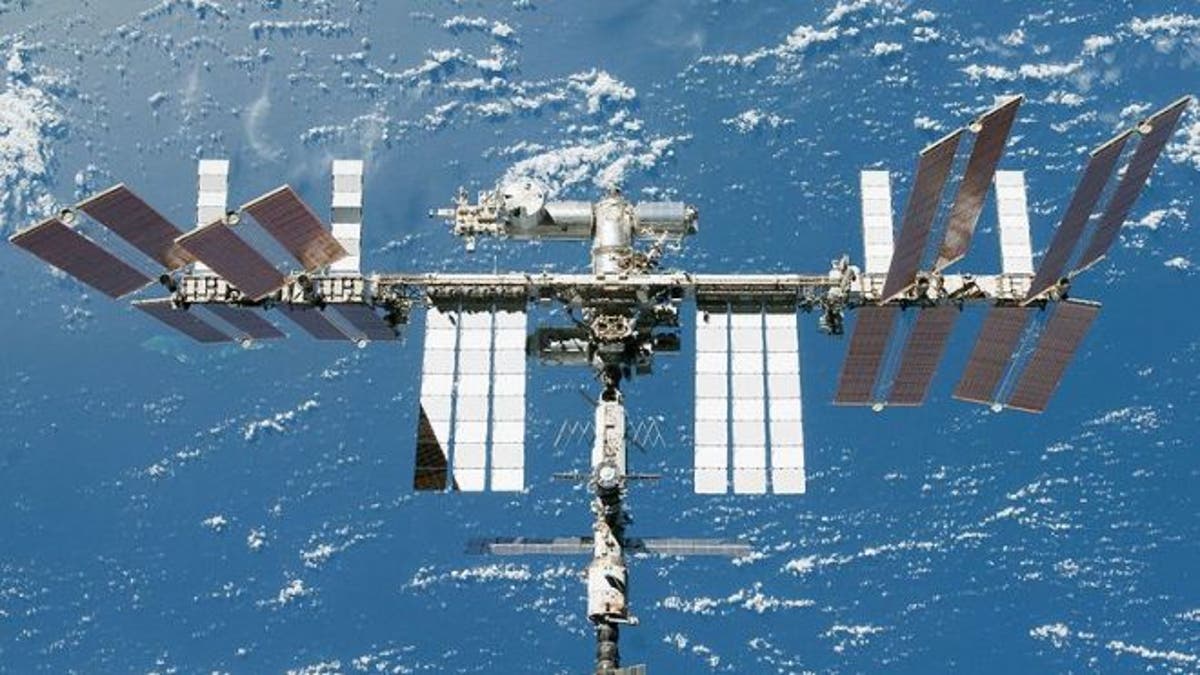
The $100 billion-plus International Space Station (ISS) is set to have its operations extended by four more years.
NASA plans to announce this week that the White House has approved the station’s operations to continue until 2024, according to documents obtained by the Orlando Sentinel.
The four-year extension will cost NASA approximately $3 billion a year from 2012 to 2024, cutting a large portion out of the agency’s annual budget of $17 billion.
The administration's approval does not guarantee that the station will survive past its current end date of 2020. Congress still needs to approve a budget that will allow the station to stay in orbit an extra four years. The plan must also have the backing of the next president.
Many top NASA officials have expressed that the ISS is critical for future space exploration. The potential for an extension is expected to reassure NASA's international partners that the U.S. is committed to the station's future.
"Arriving at this decision in a timely and coordinated fashion will, hopefully, prove beneficial to our international partners as they struggle with decisions on funding for their space programs," NASA Chief Charlie Bolden wrote in an email to NASA and administration officials, the Orlando Sentinel reported.
The announcement may also send a strong message to NASA's latest competitor, China.
"ISS is now in its most productive era of utilization for scientific research and technology demonstration," the same NASA document reads.
China became the third country to send an astronaut into space, and has reportedly been making plans to build its own space station in the next decade.
NASA ended the space shuttle in 2011, so the U.S. will no longer send its own astronauts to the station. Through 2017, NASA is paying Russia $1.7 billion for the service.
Should the station remain operational until 2024, U.S. companies, including Elon Musk’s SpaceX, will have the opportunity to create private "space taxis" for hire by NASA. This will help them compete with foreign rocket companies.
Former NASA astronaut Leory Chiao told the Orlando Sentinel that keeping the station operational is an important tool in helping NASA discover new ways to combat ailments caused by spaceflight.
"We still don't have a smoking gun for what causes that,” he said. An extra four years would help further NASA’s research. "I would hail this [announcement] as a big important step.”








































